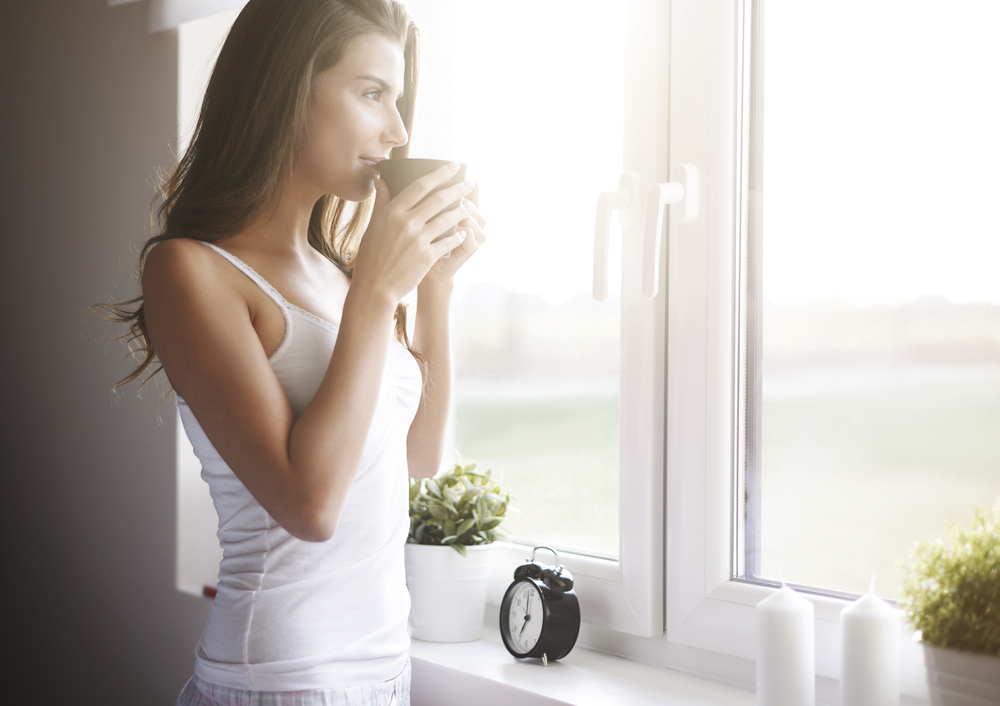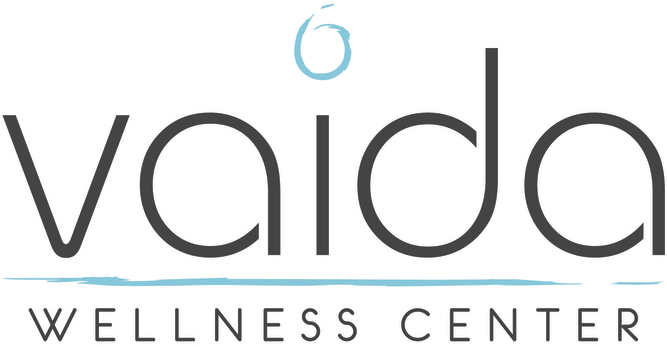
Routines are conscious ways of doing things consistently and in a specific order, and they are often made up of many habits. Having routines help keep us on track both mentally and physically, which can help make our days more positive and productive. They can anchor us in daily life by creating structure and stability.
During the summer months, with ample daylight hours, individuals and families find themselves more spontaneous, engaging in the many activities, events, and get-togethers that warmer and sunnier weather beckons us to do.
As we head into the autumn months, many of us adopt a “back-to-school” mentality whether we actually have kids or not. It is our brain and body’s attempt to adjust back to a more consistent schedule and healthier habits.
Routines Have Many Benefits
Routines allow us to have improved adaptability to stressors when they surface. Creating daily routines creates structure in our unpredictable and hectic lives and can help mitigate harmful stressors and triggers that can lead us down unhealthy paths.
Routines provide a framework for incorporating consistent diet and exercise habits. Making time to shop and cook, run/walk, lift weights, stretch or do yoga and prioritizing those things allows us to more readily engage and sustain these healthy actions.
Routines are vital to establishing a sleep/wake cycle that is most advantageous. When you go to sleep and wake up around the same times, our bodies find comfort in those rhythms, and our quality of sleep is improved, which is always a win.
Regularity Helps Life Make More Sense
The notion that meaning in life can be found in mundane habits and routines shouldn’t be shocking news. A more ordered life can lay the groundwork for the pursuit of larger goals because we organize our to-dos, get them done and move on. This sets us up for more creativity and productivity.
There have been many studies weighing in on how routines affect our lives. Even more scientific data and thought leadership exist on why creating routines for children is really important. In addition, early in the COVID-19 pandemic, researchers pointed to the value of daily routines to cope with change.
Small Steps to Building (or Reintroducing) Routines
If you think your daily routines could use a tune-up as you transition from summer to fall, consider some of these ideas:
- Use your phone’s calendar feature or one of many smartphone apps to organize your activities and put the things you want to do in your schedule.
- Choose a regular time to wake up and go to bed and try to stick to it most days of the week. Turn off screens at least one hour prior to bed to allow your brain to calm down.
- Make physical activity manageable. You don’t need a gym membership, you can take neighborhood walks, jogs or bike rides a few times a week. Do something you enjoy and you will be more likely to stick with it.
- Plan a week’s worth (or a few days) of meals. Shop and prep on a weekend or less busy weeknight. Coming up with meal ideas at 5 pm each afternoon can become tiresome and frustrating. When those feelings surface, we tend to make reactive eating decisions which oftentimes are less healthy.
Be Sure to Make Chiropractic Adjustments Part of Your Self-Care Routine
It is important to keep up and maintain your chiropractic visits with Dr. Lydia and Dr. Emily, to ensure that your body is fully aligned and working optimally. Don’t wait until that nagging headache or achy back is sapping your energy or becomes more of an acute problem.
Getting regular and preventative adjustments offers your brain the ability to communicate with the rest of your body with less interference.
